Please note that this article was written and posted before California’s recent Covid-19 restrictions prohibited any nonessential travel. Check for updates on Covid-19 regulations as well as with local authorities in the areas you might travel to before making any future plans.
so consider this a guide for future trips. All of these destination spas have been operating under the health and safety guidelines of their local authorities.
Wine, chocolate, pickleball: They’re not just pandemic coping mechanisms. They’re three ways I’m reliving my week-long experience at Rancho La Puerta, the iconic, 4,000-acre wellness and spa retreat just across the border from San Diego.
I had known the essentials of the 81-year-old sanctuary’s regime — early-morning mountain hikes, daytime fitness and wellness classes, and evening lectures and entertainment, interspersed with mostly plant-based meals and optional spa treatments — long before visiting in late 2019, thanks to a former colleague who had raved about its restorative effects. So I signed up for many of those options, including water aerobics, Pilates, restorative yoga, tennis, an organic cooking class, presentations on communication and nutrition, jewelry making, Watsu (a kind of floating massage in a warm pool) and a chocolate body wrap.
I was a little too early for spa director Claudia Sugey Villalon’s new 80th anniversary experience, the Embodying Wellbeing Ritual, which begins with a ritual sage smudge and includes setting an intention, bodywork, a detoxifying clay abdominal mask and abdominal massage. But I discovered the unexpected pleasures of sampling Valle de Guadalupe vintages in the ranch’s hilltop wine bar and on a custom winery tour, nibbling artisanal chocolate after a bean-to-bar demonstration, and whacking the heck out of a plastic ball with holes in it. The most injuries on the resort come from overly avid pickleball players, the instructor told me, shortly before I skinned a knee.
I had the most company at an evening Q&A session with co-founder Deborah Szekely, now 98, who grew up in New York City, Tahiti and Marin. She was still a teenager when she and her late husband, Edmond Szekely, a Hungarian Jewish professor, founded their Baja California retreat in 1940. They had been forced across the border by U.S. officials seeking to deport Edmond to a homeland threatened by Nazis. Now their nonprofit Fundación La Puerta aids community and environmental programs in Tecate.
Deborah and daughter Sarah Livia Szekely Brightwood, who lives in Mill Valley and serves as the company’s president, have also persevered in the face of the loss of Deborah’s son Alex in 2002 and Sarah’s 17-year-old daughter Emily in 2015. In 2019, they battled a woodland fire that came close to their casitas and fitness studios, and then pitched in to help an even larger inferno that destroyed homes in Tecate, where most of their loyal staff work. More recently, the Rancho La Puerta team has retooled class sizes and times, and moved more of them outdoors, to address Covid-19 concerns, while also beginning work on an eco-friendly village of 108 residences and launching a 21-day sabbatical program.
So they know something about resilience, another concept I’ve tried to retain while dreaming about a return to Rancho La Puerta (1-week stays from $4,500, including meals and most activities, with shorter stays possible; rancholapuerta.com.) Here are four more destination spas for experiencing serenity now, or later, with just some of their key experiences and Covid-19 precautions listed.
Canyon Ranch Woodside
Woodside, California
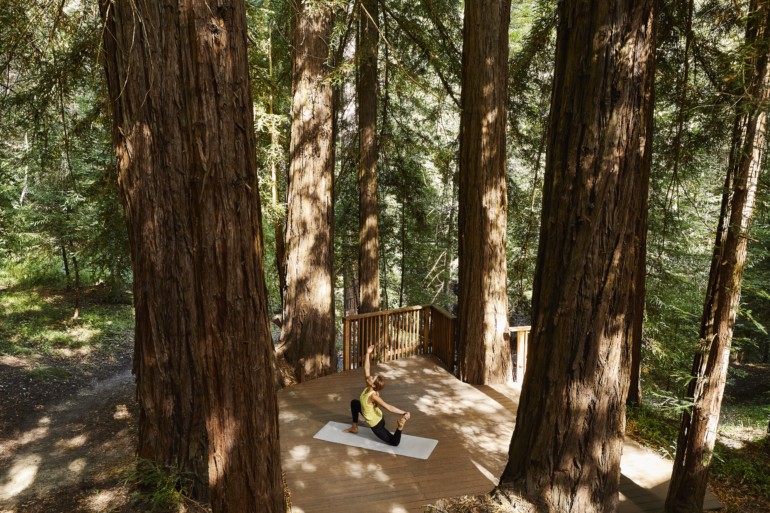
Ambiance: The newest wellness destination in the Bay Area debuted in November 2019 on the grounds of the former Stillheart Institute, then had to close in February for six months before reopening. So word is just getting out about this 38-room oasis, recently named Best Wellness Retreat in California by the World Spa & Wellness Awards.
A more intimate sibling of Canyon Ranch resorts in the Berkshires (Lenox, Mass.) and Tucson, the 16-acre Woodside location has the distinction of towering redwoods and glass treehouses as the backdrop for self-directed or themed programs to help reset rhythms and aid personal growth. It’s also the only Canyon Ranch to serve wine.
“Balance is our philosophy, but if someone is looking for rejuvenation as well as regeneration, they can do it,” says General Manager Kristi Dickinson, adding that 90 percent of the wine list is from the surrounding Santa Cruz Mountains AVA. That pairs nicely with Chef Isabelle Jackson Nunes’ focus on local, regenerative agriculture. “At other properties it’s more about portion control and nutrition, but here you also have the California culinary aspect,” Dickinson adds.
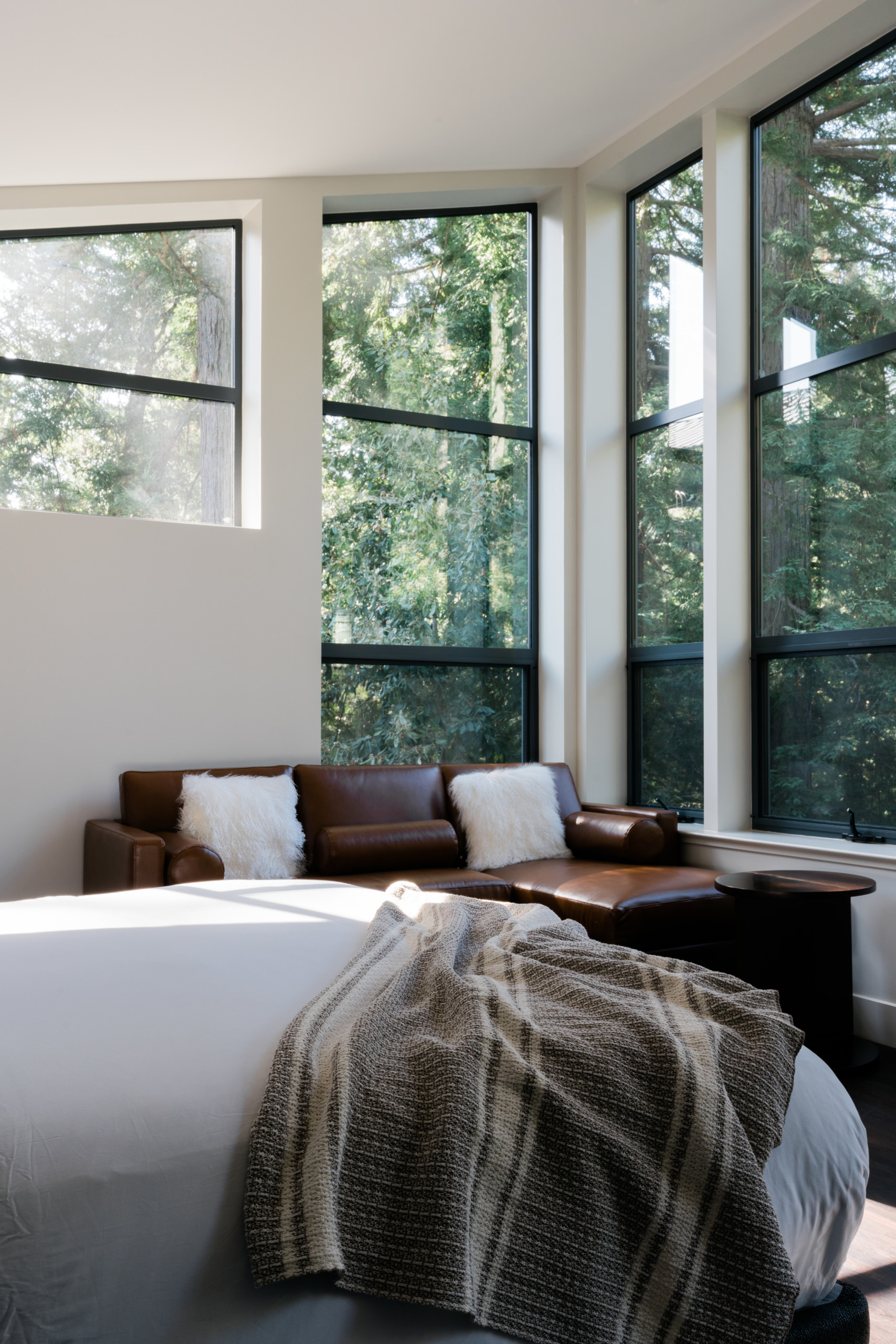
Covid-19 caretaking: “Because we have so much outdoor space, we were already prepared” for pandemic restrictions, Dickinson notes. Space heaters facilitate outdoor dining, while the massive fire pits in dining area allow guests to congregate but still stay distanced. Masks are worn in all the places you’d expect; outside, guests should carry one at all times to put on when encountering someone from outside their household. Occupancy currently runs about half of the 76-person maximum.
Fitness favorite: To take full advantage of the sylvan setting, Dickinson recommends complimentary guided hikes on short but scenic nature trails, featuring meditation benches and creek-crossing bridges, and the Forest Fitness course, which includes monkey bars and climbing ropes.
Spa signature: Keep the woodsy vibe going by following a hike with a 90-minute Forest Aromatherapy massage ($260), which incorporates a juniper essential oil blend, according to Dickinson. Canyon Ranch has also partnered with McEvoy Ranch to create treatments using the latter’s olive-based ODE Natural Beauty Products.
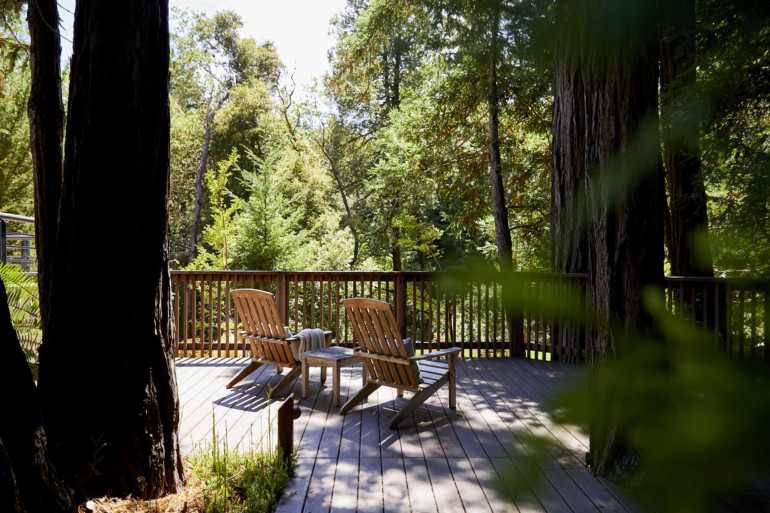
Top takeaways: Canyon Ranch’s online shop carries products from all the brand’s locations, including its day spa at the Venetian in Las Vegas, whose manager Deirdre Strunk helps oversee the other sites’ spa, fitness and beauty offerings. Dickinson encourages guests to buy Fitness for Your Feet ($65), exercise domes “about the size of a softball with hard rubber pegs” that are used in a class of the same name and come with an illustrated booklet of simple workouts for your feet. “If you have an inferior base, you’re going to start having issues in your ankles, your hips, your back,” explains Dickinson.
Vitals: Lodging and meal packages in January start at $1,000 a night ($1,100 with wellness services)
Golden Door
Escondido, California
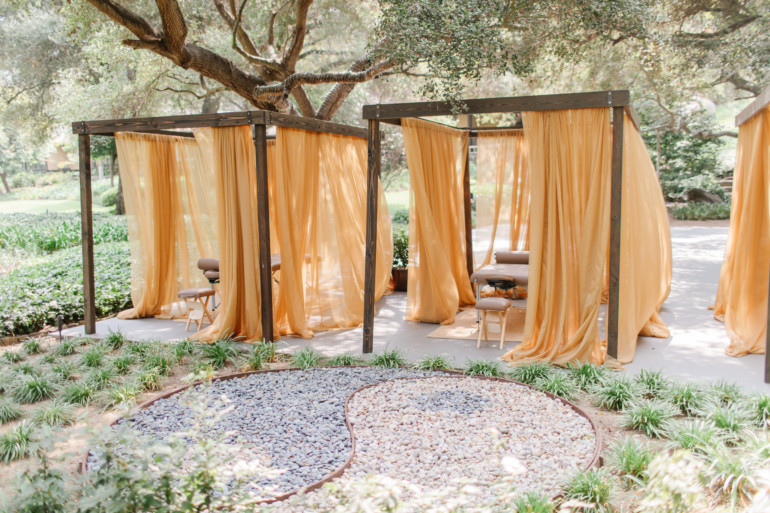
Ambiance: Created by Rancho La Puerta cofounder Deborah Szekely in 1958 as an exclusive, upscale alternative to her then-rustic Tecate spa, Golden Door has evolved since its days as a hideaway for Hollywood celebrities and billionaires’ spouses. One of the latter, Joanne Conway, bought the northern San Diego County hillside enclave in 2012, expanding its footprint to 600 acres while keeping the Japanese theme of its gardens, art and architecture. Small clusters of low-rise buildings — including just 40 single-occupancy rooms — are sheltered by sustainable citrus, bamboo, olive and avocado groves, plus koi ponds and a new pollinator garden.
Clientele on most week-long, gender-restricted visits are now likely to be high-powered women who lean in, as well as those who hope to become lean by powering through morning hikes and personalized fitness routines. Golden Door’s calendar also allows for six coed and six men’s camps sprinkled throughout the year. All profits from the all-inclusive price of nearly $10K a week and sales of Golden Door products fund philanthropies benefiting children and youth, including the San Francisco Child Abuse Prevention Center and the I Have a Dream Foundation.
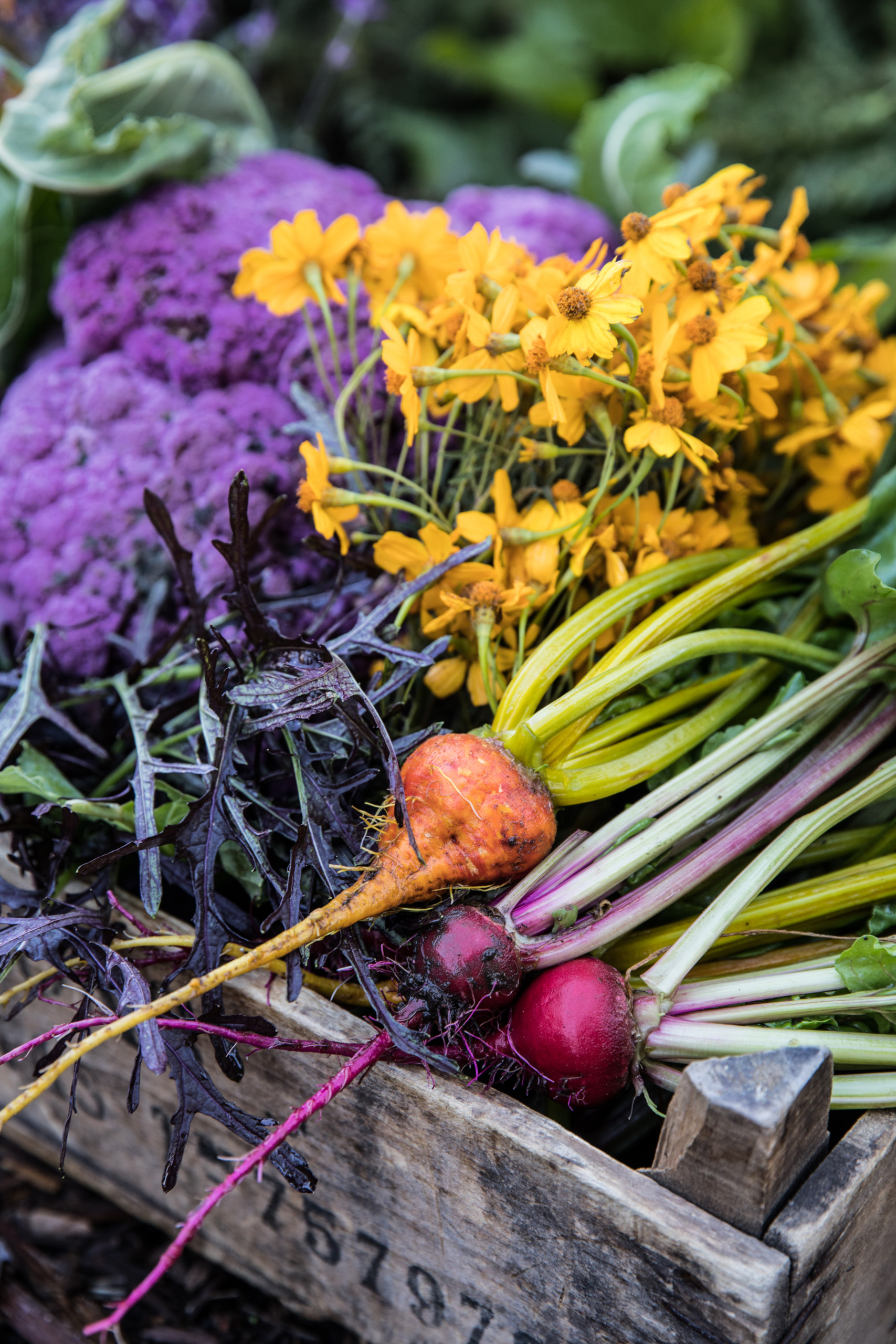
Covid-19 caretaking: Many classes and meals have moved outdoors with physical distancing — easy to do with state-required reduced occupancy. Guests are escorted to their room at check-in (no lobby mingling) and wear face coverings when face up during their daily massages, among other typical mask and distancing protocols.
Fitness favorite: The abundant hiking trails that traverse mountains and creeks and start right outside guests’ doors are “beloved and magical,” says Kathy Van Ness, the general manager. “We have an Olympic gold medalist here this week and he is raving about the running and hiking.” Dance classes are also a hit — “guests are in desperate need of fun,” she notes — and are offered all week in genres from Bollywood to Zumba, “even show tunes with a very cool dance choreography.”
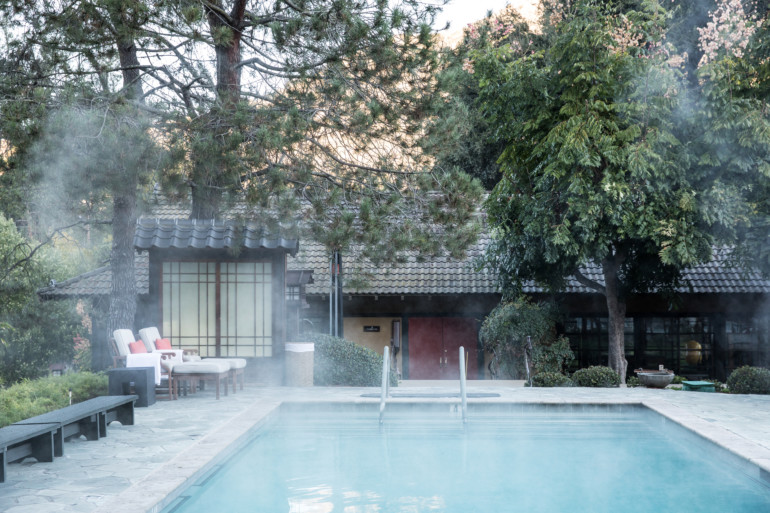
Spa signature: Personalized, in-room daily massages that “soothe and relax stressed muscles and mind” are always highlights, according to Van Ness, who also recommends the herbal wraps on spa director Michelle Schlekewey’s menu. “We use ancient techniques with sheets wrapped in our very own hand-picked rosemary,” Van Ness says. “Your body just pours out the toxins in just minutes, and your skin is radiant.”
Top takeaways: Every guest room comes stocked with 15 spa and body products, which can also be found at shop.goldendoor.com. Van Ness recommends the bamboo face scrub ($48): “Just opening it up at home brings back every blissful moment, and your skin feels smooth and bright just like a fresh peach.” The online store also offers artisanal foods like wildflower honey ($18) — Executive Chef Greg Frey Jr. is also a beekeeper — and the same energizing potassium broth ($12) served between Golden Door’s fitness classes.
Vitals: One-week stays from $9,950
Miraval Arizona Resort & Spa
Tucson, Arizona
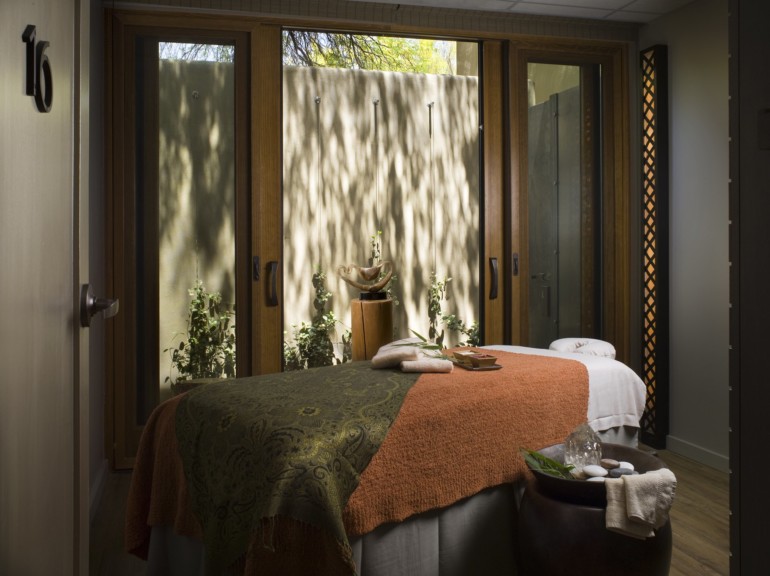
Ambiance: This dreamy, 400-acre sanctuary in the Sonoran Desert north of Tucson has been rebalancing lives since 1995. Guests are asked to leave cell phones and other digital devices in a “sleeping bag” in their rooms, which include adobe-style casitas, villas and fully equipped residences with neutral modern décor and views of the Santa Catalina Mountains. Now owned by Hyatt, Miraval also operates destination spas in Austin and the Berkshires (Lenox, Mass.)
Arizona activities include a wide range of wellness classes and spa treatments, hiking, mountain biking, “equine experiences” at Purple Sage Ranch and “Conscious Cooking” cuisine and demonstrations in its Cactus Flower Kitchen, featuring produce from a nearby farm and onsite garden. Among newer classes recommended for guests who need to unwind from pandemic stress: making mandalas, creating chakra bracelets, meditative drumming and guided visualizations with crystals and river stones.
Covid-19 caretaking: Masks are required in indoor public areas, the spa (except during facial treatments) and outdoors where distancing can’t be maintained. Yoga and fitness classes have moved outdoors, while the Life in Balance Spa has temporarily closed its shared areas (lockers, whirlpools, etc.). Sign up for classes and activities in advance, due to reduced capacity.
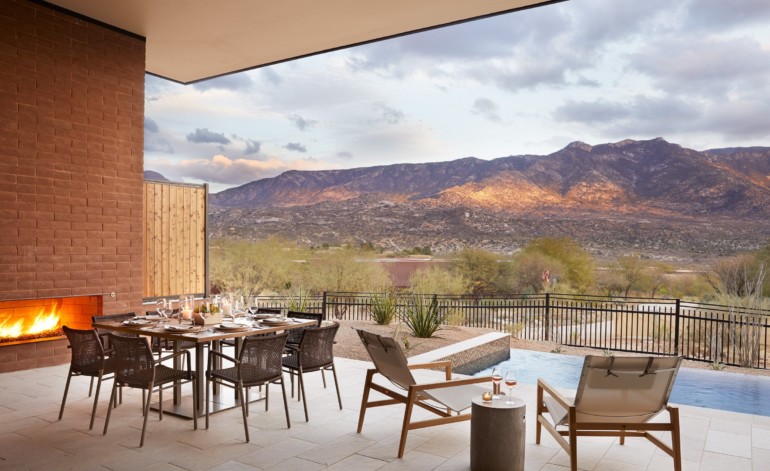
Worthy wellness: In “It’s Not About the Horse,” a popular 2.5-hour class ($150) led by equine programs director Wyatt Webb, participants “learn that they were not born with fear or self-doubt, the two culprits that stand between merely surviving life and experiencing the joy of living,” says Simon Marxer, Miraval’s director of spa and wellbeing.
Spa signature: When available, the Vasudhara treatment (starting at $285) “combines the weightlessness of water with the deeply relaxing stretches of Thai massage,” Marxer says. Guests wear masks to block out light as they float in body-temperature water to sounds from powerful underwater speakers.
Top takeaways: Check out the Miraval Blog (blog.miravalresorts.com) for recipes and mindfulness tips from the resort’s experts. For more tranquility at home, Marxer recommends a wooden bed for cell phones ($58) and a plush featherbed for humans ($1,200) from miravalstore.myshopify.com.
Vitals: Day packages (including lunch) from $249, all-inclusive overnights from $669 per person, plus resort fee.
Sensei Lanai, A Four Seasons Retreat
Lanai City, Hawaii
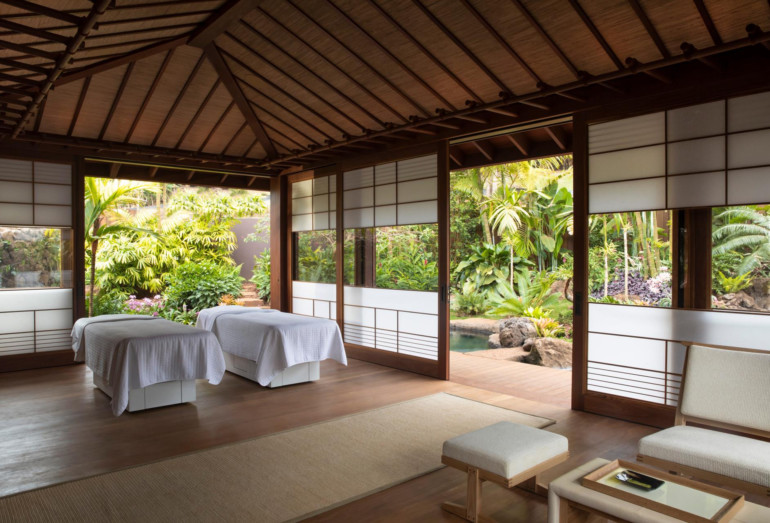
Ambiance: Opened late last year, this transformation of the former Lodge at Koele from a tropical country manor to an elite wellness destination is the brainchild of Oracle co-founder Larry Ellison and Dr. David Agus, author of the best-selling “A Short Guide to a Long Life.” Its onsite practitioners combine a science-based approach with the gentle sincerity of the islands’ culture to encourage daily practices promoting health and longevity.
Ellison purchased most of the small island of Lanai in 2012, but took his time remodeling the second of its two Four Seasons resorts, this one with 96 rooms on 24 acres near misty forests and green pastures. Now glass-walled fitness studios and spacious spa bungalows (hale) with private garden pools line the lush, statuary-dotted grounds also featuring a lake, undulating swimming pool and 10 discreetly hidden onsen (hot tubs). Ellison’s longtime collaborator Nobu Matsuhisa created artful, Japanese-inspired menus for Sensei by Nobu that feature produce from the resort’s organic farm and reflect Agus’ nutritional philosophy.
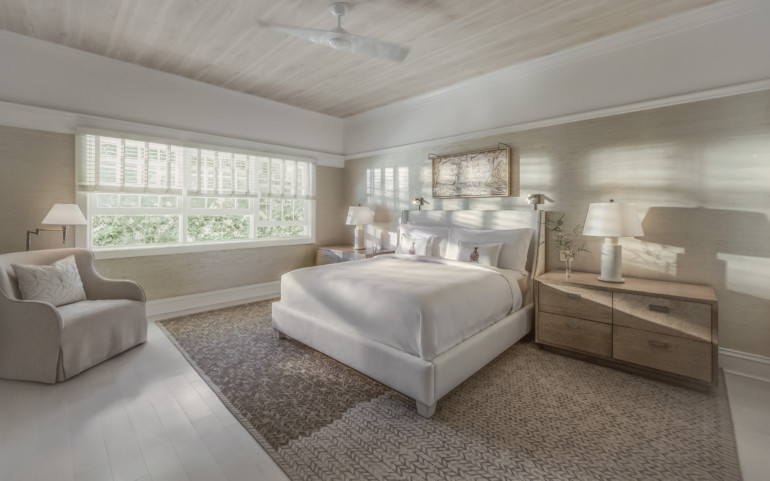
Covid-19 caretaking: Many services and classes at Sensei Lanai were private before the pandemic forced the resort to close temporarily, and the same is true after its reopening in November, with even more one-on-one options. Guests need to wear masks in public indoor spaces and when receiving in-room services; all seating is 6 feet apart, with private dining available.
Worthy wellness: Under the Sensei Program led by Retreat Director Sharon Narduzzi, guides with post-graduate health degrees provide initial, data-driven physical assessments of guests and then refine personalized itineraries based on their goals along three paths: Move, Nourish and Rest. Regardless of your end game, start the day with the 60-minute Morning Meditation and Yoga to clear mind and body.
Spa signature: The custom facial ($450 for 60 minutes) and aquatic bodywork ($600 for two hours) are unfortunately unavailable during Covid times, but the luxurious facilities of the 1,000-square-foot spa (hale), which include an infrared sauna, deep ofuro bathtub and indoor and outdoor rain showers, make any treatment memorable. You can also just savor private time in the hale (from $300 for 60 minutes).
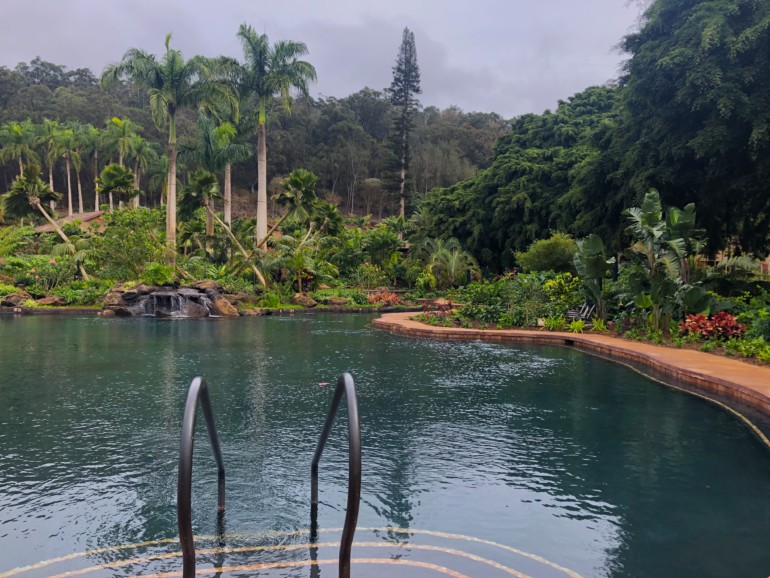
Top takeaways: While Sensei Lanai’s onsite boutique is temporarily closed, it’s easy to find copies online of Dr. Agus’ compact opus, “A Short Guide to a Long Life.” In his follow-up to the 2012 bestseller, “The End of Illness,” the cancer specialist recommends low-cost daily routines to optimize healthy lifespans.
Vitals: The Sensei Guided Experience starts from $1,130 per night with one Wellness credit, $1,610 per night for two Wellness credits, excluding taxes and gratuities and available to guests 16 years or older. All rates include round-trip airfare from Honolulu on Lanai Air and island shuttle.
How to Help
There are so many local businesses that need your help right now. For more ways to support local businesses, go here.
For more on Marin:
- Marin’s Best Hiking Loops
- Be Kind to Your Mind: 10 Groups and Individuals Tear Down Mental Health Stigmas
- Best Water Practices to Keep You Safe on the Bay
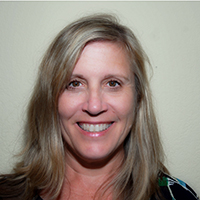 Jeanne Cooper, former San Francisco Chronicle Travel editor, writes frequently about the Wine Country for Marin Magazine and other publications. She supports ongoing work of Ecumenical Hunger Project in East Palo Alto and the disaster response efforts of World Central Kitchen and San Francisco-Marin Food Bank. Cooper also volunteers with the Hawaii Island Humane Society and the St. James’ Community Meal in Waimea, Hawaii.
Jeanne Cooper, former San Francisco Chronicle Travel editor, writes frequently about the Wine Country for Marin Magazine and other publications. She supports ongoing work of Ecumenical Hunger Project in East Palo Alto and the disaster response efforts of World Central Kitchen and San Francisco-Marin Food Bank. Cooper also volunteers with the Hawaii Island Humane Society and the St. James’ Community Meal in Waimea, Hawaii.

